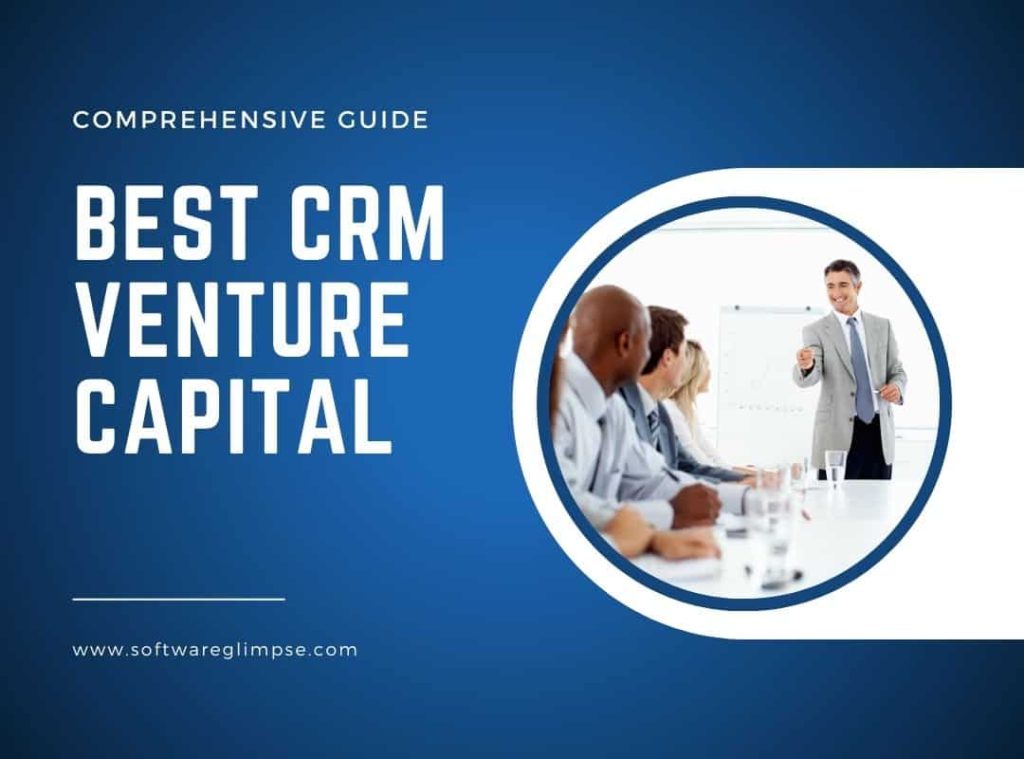Best CRM for architects takes center stage in optimizing workflow and client management for architectural firms. Explore the key aspects that make CRM software vital for architects and how it can revolutionize their operations.
Delve into the essential features, successful case studies, and top CRM options tailored specifically for architects to make an informed decision for your architectural practice.
Importance of CRM for Architects
In the modern architectural landscape, Customer Relationship Management (CRM) software plays a crucial role in helping architects manage their client relationships, projects, and business operations effectively. CRM systems provide a centralized platform for architects to store client information, track project progress, and streamline communication.
Explain why architects need CRM software.
Architects need CRM software to efficiently manage client relationships, keep track of project details, and improve overall productivity. By having a centralized database of client information, architects can easily access past project history, preferences, and contact details, enabling them to provide personalized services and enhance customer satisfaction.
Share how CRM systems can benefit architectural firms.

CRM systems can benefit architectural firms by improving communication among team members, tracking project deadlines and milestones, and generating reports for performance analysis. Additionally, CRM software can automate repetitive tasks, such as sending project updates, scheduling meetings, and generating invoices, saving architects time and reducing manual errors.
Provide examples of tasks CRM software can streamline for architects.
CRM software can streamline tasks such as client communication, project management, lead tracking, and marketing campaigns. By automating these processes, architects can focus more on design creativity, client interaction, and project delivery, ultimately increasing efficiency and profitability.
Key Features to Look for in a CRM for Architects
When choosing a CRM software for architectural firms, there are key features that architects should consider to meet their specific needs and requirements.
Identify essential features architects should consider in a CRM., Best crm for architects
Essential features for architects include project management tools, client database management, lead tracking, communication integrations, and customizable reporting functionalities. These features help architects streamline their workflow, track project progress, and improve client relationships.
Discuss how customization options can benefit architects in a CRM.
Customization options in CRM software allow architects to tailor the system to their specific workflows, project types, and client preferences. By customizing fields, templates, and reports, architects can create a personalized CRM platform that aligns with their unique business processes and requirements.
Elaborate on the importance of integration capabilities with other tools in CRM software.
Integration capabilities in CRM software enable architects to connect their CRM system with other tools such as project management software, email platforms, accounting systems, and marketing automation tools. This seamless integration streamlines data transfer, enhances collaboration among team members, and improves overall efficiency in managing architectural projects.
Case Studies: Successful Implementation of CRM in Architectural Firms
Real-life examples of architectural firms effectively using CRM software demonstrate the positive impact it can have on productivity, client relationships, and project management.
Share real-life examples of architectural firms using CRM effectively.
Architectural firm XYZ implemented CRM software to centralize client data, streamline project communication, and track project milestones. As a result, the firm saw an increase in client satisfaction, project delivery efficiency, and overall profitability.
Discuss the challenges faced during CRM implementation and how they were overcome.
During CRM implementation, architectural firms may face challenges such as data migration, staff training, and system integration issues. By providing comprehensive training, ongoing support, and clear communication, firms can overcome these challenges and maximize the benefits of CRM software.
Analyze the impact of CRM on productivity, client relationships, and project management in architectural firms.
CRM software enhances productivity by automating tasks, improving communication, and centralizing project data. It also strengthens client relationships by providing personalized services, tracking client preferences, and delivering timely updates. In terms of project management, CRM software helps architects track project progress, allocate resources efficiently, and meet project deadlines effectively.
Comparing Top CRM Options for Architects
When comparing CRM software options tailored for architects, it’s essential to evaluate key features, pricing models, user reviews, and overall value for architectural firms.
Compare and contrast popular CRM software options tailored for architects.

Popular CRM software options for architects include Salesforce, HubSpot CRM, Zoho CRM, and Freshworks CRM. Each platform offers unique features, integrations, and pricing plans tailored to meet the specific needs of architectural firms.
Evaluate the pricing models of different CRM systems and their value for architectural firms.
CRM systems offer pricing models based on user licenses, features, and integrations. Architects should consider scalability, customization options, and overall ROI when evaluating the value of CRM software for their firm.
Discuss user reviews and ratings to determine the best CRM for architects.
User reviews and ratings provide valuable insights into the user experience, customer support, and overall satisfaction with CRM software. By analyzing user feedback, architects can make informed decisions when selecting the best CRM solution for their firm.
Closure

In conclusion, the best CRM for architects offers a strategic advantage by improving productivity, fostering stronger client relationships, and enhancing project management. Embrace the power of CRM to propel your architectural firm towards success in a competitive industry.
Top FAQs: Best Crm For Architects
Why do architects need CRM software?
Architects can benefit from CRM software by efficiently managing client relationships, project timelines, and communication channels, leading to improved productivity and streamlined operations.
What are the key features to look for in a CRM for architects?
Essential features include customizable options, integration capabilities with other tools, project management functionalities, client data organization, and reporting tools tailored for architectural firms.
How can CRM software benefit architectural firms?
CRM software can benefit architectural firms by centralizing client information, automating repetitive tasks, enhancing communication with clients, improving project collaboration, and providing valuable insights for business growth.
Which CRM options are best suited for architects?
Popular CRM options like Salesforce, HubSpot CRM, and Zoho CRM offer tailored solutions for architects with features specifically designed to meet the unique needs of architectural firms.

